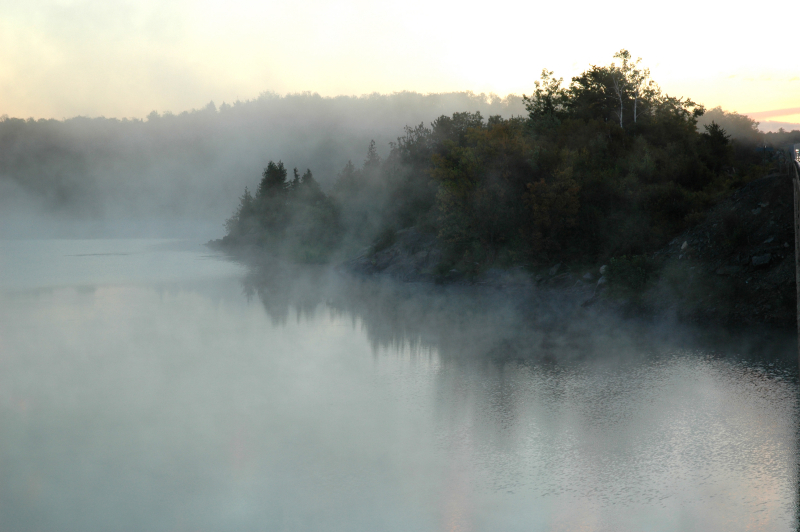One year before sinking beneath the waves, a lifeline was thrown to the drowning Experimental Lakes Area in northwestern Ontario. Having been given two years by the federal government to wind up and leave, the ELA has been rescued by the provinces of Ontario and Manitoba, who are expected to partner with the Winnipeg-based International Institute for Sustainable Development. Details are still being worked out, but the news is being cheered by scientists and freshwater champions, who’ve enjoyed little but bad news and cutbacks for some time. Quoted in the Globe & Mail, Ontario Premier Kathleen Wynne said hers is a government “that believes in science, that believes in evidence”, a clear echo of the unusual “Death of Evidence” protest by scientists on Parliament Hill last summer. Ever since the ELA was put on the chopping block, defenders have rallied, particularly under the umbrella of Save ELA. The series of 50-odd lakes has been home for nearly 50 years of “whole-lake” experiments, yielding valuable insights and recommendations concerning the top freshwater issues of our age: phosphate pollution, acid rain, reservoir management, invasive species, impacts of climate change, mercury toxicity and much more. Scott Vaughan, IISD’s new president and former Commissioner of the Environment and Sustainable Development for Canada, highlighted the unique role of the lakes area. “What is special about the ELA is that it takes research out of the lab and right into the environment — so the ELA presents a rare opportunity for research, perhaps unique in the world.” Last year, Dalhousie University fish ecologist Dr. Jeffrey Hutchings, in his role as president of the Canadian Society for Ecology and Evolution, spoke on behalf of concerned scientists across Canada. “Initiated in the late 1960s, the scientific fruit borne by the internationally lauded and respected ELA has been tremendous, resulting in more than 1,000 peer-reviewed papers, reports, book chapters, and student theses. There is no comparable research facility in the world.” The ELA news is evidence that provincial governments and NGOs are collaborating to support science in the public interest. Another signal that ELA is a national treasure would be a return to the table of the federal government, and possibly other provincial governments through the Canadian Council of Ministers of the Environment. Healthy waters make for a healthy environment, which supports healthy communities and sustainable enterprise. The Experimental Lakes Area has been a vital and outstandingly successful Canadian contribution to fresh water research and conservation. Whether federally or provincially led – and perhaps best in diverse partnership – more such long-term commitments are needed to underpin and even drive the future health and prosperity of Canadians.
The post Good day for science: Ontario government intervenes to save Experimental Lakes Area appeared first on WWF Canada Blog.
